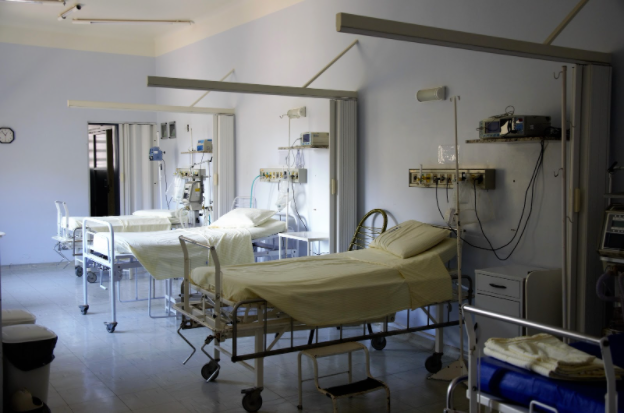India’s emergency clinics are right now shy of specialists, clinical gear, and ICU beds, with specialists battling to adapt to an exceptional wellbeing emergency. A flood in COVID-19 cases has overpowered the wellbeing framework.
Medical clinics in India have gotten overpowered because of an exceptional flood in COVID cases. Experts in the capital in Delhi have trained 33 private clinics to hold 80% of their emergency unit beds for COVID-19 patients in the midst of a deficiency of offices in government-run clinical foundations.
The general number of COVID-19 cases in Delhi has now outperformed 230,000. Over the most recent eight days, in excess of 4,000 new cases have been recorded day by day.

Toward the start of August, Delhi had effectively contained the pandemic spread, with the cases dropping to under 1,000 every day. Be that as it may, there has been a resurgence of the infection the nation over, and the capital city had not been saved.
India as of late outperformed 5 million COVID-19 cases, with just about 85,000 passings. It is currently behind just the US in by and large COVID-19 contaminations. The cases have multiplied from 2.5 million in only a month.
There is a disorder in a few urban communities, with clinics running low on clinical hardware.
In the northern territory of Punjab, lack of beds swarmed clinics, and exhausted wellbeing laborers uncovered the slightness of the wellbeing framework. The state’s disease count has risen quickly to 87,100 cases with more than 2,500 passings in the previous hardly any days.

Madhur Rao, the senior deputy medical administrator of the Pune-based KEM Hospital, said the hospital was currently short of 160 nurses and 25 doctors.
The circumstance in Mumbai, India’s budgetary capital, is generally better, within any event 33% of ordinary medical clinic beds still abandoned. In any case, the clinics there are actually working nonstop, and ICU beds and ventilators are scant.
“COVID-19 has made clear how important it is to have a good public health system. We need to work on our healthcare system more than ever,” K Sujatha Rao, a former health secretary, told DW.
Despite these challenges, the Indian government has reopened gyms, most workplaces, and markets. Bars can once again serve alcohol, and limited domestic and international evacuation flights are being operated every day along with train services. Only cinemas, schools and colleges continue to remain shut.
Prior to this month, the Finance Commission said the nation would require €58 billion ($68.67 billion) throughout the following five years for the arrangement of fundamental medical services to residents.
Specialists dread the loss of life in India is probably going to spike in the coming weeks, as the nation loosens up lockdown limitations in everything except high-hazard zones.
Recent Comments